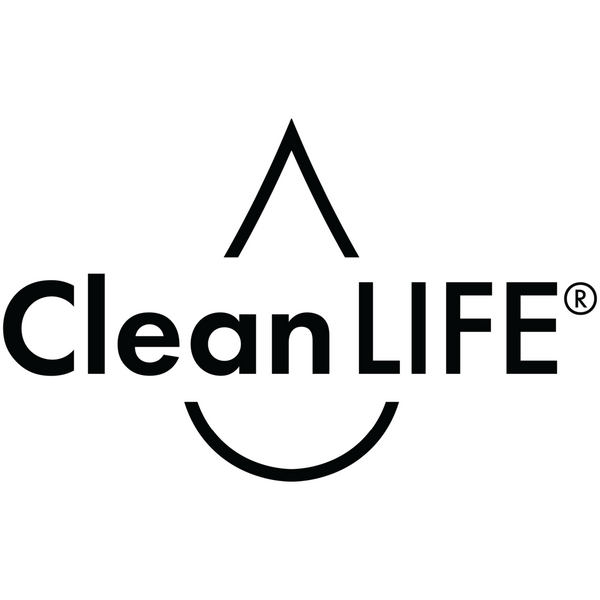Greenwashing and why we should not
Share
With the recent release of the ACCC’s greenwashing report, it is timely to remember the role that businesses play in consumer trust in the market.
Environmental claims can be made in the following ways:
- Using logos and symbols. These can be used on packaging, in promotional material, on websites however they may not refer to an actual certification rather they could just be made up by the in-house graphic designer.
- Product-specific. Like logos, these may be used on packaging or in advertising material about a product however a consumer is unable to verify the claims.
- Company-wide claims. Corporate social responsibility strategies or environment, social and governance reporting may include targets or achievements that are unsubstantiated.
The ACCC has found that some businesses are:
- Using vague or unclear environmental claims
- Not providing sufficient evidence for their claims
- Setting environmental goals without clear plans for how these will be achieved
- Using third-party certifications and symbols in a confusing way.
In our It Starts With Plastic Free episode, Phil and Corey go back to the basics. Greenwashing is when a business makes a promise to consumers about how environmentally friendly their products or services are, but then they fail to meet these promises. Greenwashing claims are misleading and deceiving, even partial information about what they are claiming is considered greenwashing.
For example, making a claim about ‘using 25% less water’ in a manufacturing process – 25% less than what? Does that make it sustainable? Or the ‘50% compostable’ claim – what is the other half made of? Usually, it is plastic so that actually means none of the product can go in an organics collection.
Specifically looking at wipes – what if imported plastic wipe packaging includes ‘infused with organic aloe vera’ as the dominant feature when that only makes up a mere 1% of the product? That is a very subtle form of greenwashing that will only serve to confuse a consumer looking for a sustainable and natural product.
Find out more on It Starts With Plastic Free


 is here! Shop now, pay later in 4 easy installments
is here! Shop now, pay later in 4 easy installments